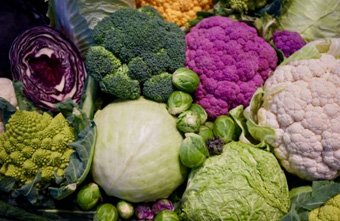What foods can lower prostate cancer risk?
Diet plays a crucial role in lowering your risk of prostate cancer. Men with non-metastatic prostate cancer who ate more cruciferous (Brassicaceae family) vegetables had a 59% lower risk of their cancer getting worse.

The following food groups in the diet can play a powerful role in lowering the risk of prostate cancer:
Cruciferous vegetables:
Cruciferous vegetables include broccoli, kale, collard greens, cabbage, Brussels sprouts, bok choy, and mustard greens. These vegetables are rich in compounds called glucosinolates. Glucosinolates break down into substances that help protect cells from DNA damage and reduce inflammation.
Tomatoes:
Tomatoes are another excellent choice because they contain high levels of lycopene, a powerful antioxidant linked to lower prostate cancer risk. Cooked or processed tomato products, like tomato sauce, actually make lycopene more available to the body.
Beans:
Soy foods, such as tofu, tempeh, and edamame, contain isoflavones, which have been shown to reduce cancer cell growth in laboratory studies.
Fish:
Fatty fish like salmon, sardines, and mackerel provide omega-3 fatty acids that may help reduce inflammation and slow cancer development.
Green tea:
Green tea is rich in catechins, a type of antioxidant that has been studied for its potential to inhibit cancer cell growth.
Pomegranate:
Pomegranate juice has also shown promise in slowing prostate cancer progression due to its high concentration of polyphenols like ellagitannins (punicalagin), anthocyanins, and flavonoids.
Read further on:
≺≺ What steps should I take to maintain good prostate health?
≺≺ Why should I combine Avocados and Tomatoes?
≺≺ Does my social circle impact my weight?
≺≺ What happens to my blood vessels when I gain weight?
≺≺ What are the four enemies of blood sugar?
≺≺ List of recommended fats and oils.
≺≺ Harmful effects of high cholesterol.
≻≻ Watch this page for more such informative articles on Health, Nutrition, and Wellness.
≻≻-Back to Home page.
Further reading (External Links opens in new window):
≺≺- Stanford Health Care - Prostate Cancer Nutrition Recommendations.